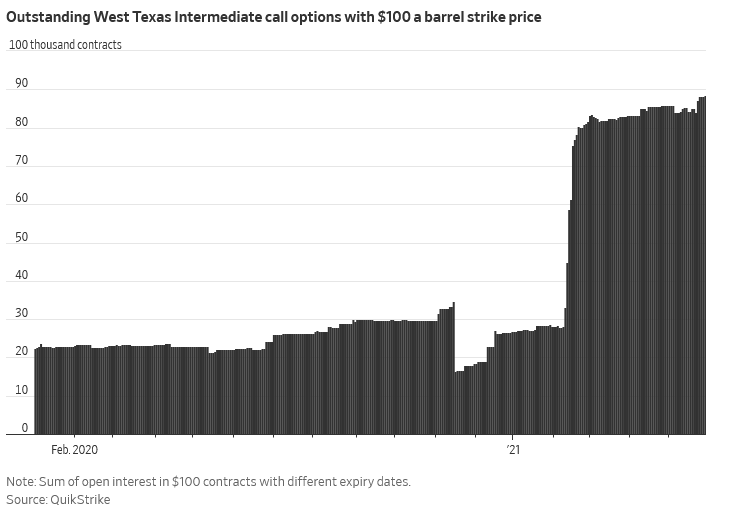The United States actually had the right idea—several of them, in fact—years ago. Today, the Federal government “owns” around 640 million acres of land—28% of the land area of our nation. That’s way too much, and it’s the largest source of leverage the Feds have over oil and natural gas production by our private economy.
There are a couple of things Congress can do to reduce to irrelevance Executive Branch volatility regarding Executive Orders and access to Federal land for mineral extraction; both of them involve reduction of American land that the Federal government presumes to own.
One is to transfer the vast majority of those acres back to the States from which the acres were seized. Examples of this excessive “ownership” include
| State |
Federal Land Acreage |
Total State Acreage |
Per Centage of Federal Land |
| Nevada |
59,681,502 |
70,264,320 |
84.90% |
| Utah |
34,202,920 |
52,696,960 |
64.90% |
| Idaho |
32,621,631 |
52,933,120 |
61.60% |
| Alaska |
223,803,098 |
365,481,600 |
61.20% |
| Oregon |
32,614,185 |
61,598,720 |
52.90% |
| Wyoming |
30,013,219 |
62,343,040 |
48.10% |
| California |
45,864,800 |
100,206,720 |
45.80% |
| Arizona |
28,064,307 |
72,688,000 |
38.60% |
| Colorado |
23,870,652 |
66,485,760 |
35.90% |
| New Mexico |
26,981,490 |
77,766,400 |
34.70% |
Notice that: the Feds “own” over 50% of each of the top five States, and we have get below the top 10 before the Feds possess less than a third of a State.
The Federal government legitimately controls land important for protecting monumental land like the core of Yosemite, land holding military facilities, and the like. The Feds don’t need all those hundreds of millions of acres of land for that, though. Instead, the bulk of the currently possessed land should be restored to the States within whose boundaries the land sits. The States in our federal republic should be the ones managing their domestic affairs of mineral access.
Then there are moves for transfers to individual ownership—moves of those several years ago.
The Bounty-Land Acts of 1776 awarded tracts of land to veterans of the Revolutionary War (assuming, of course, that we won the war, which we did).
The Public Land Act of 1796 authorized the sale of Federal land in 640-acre blocks for $2/acre, or roughly $1,600/acre today (more or less, given the heroic assumptions regarding inflation over so long an interval).
The Preemption Act of 1841 gave squatters living on Federal land first call to buy up to 160 acres at $1.25/acre, or roughly $1,000/acre.
The Homestead Act of 1862 granted outright 160 acres to squatters who had lived on the land for at least five years and improved it (along with a couple of other requirements that amounted to filing intent, proof of improvement, and filing for ownership).
These and similar Acts, or some combination of them, could be modernized and used to transfer vast tracts of Federal lands to private ownership. Once there, the owners could sell/lease their mineral extraction rights to those evil drillers and earn income while the oil and gas companies could extract and continue to provide cheap energy to our nation and export cheap energy to the world.
‘Course all of that, or any of it, will be more likely with a Republican-controlled House and Senate and a Republican President, or veto-proof Republican majorities in each of the House and Senate.


